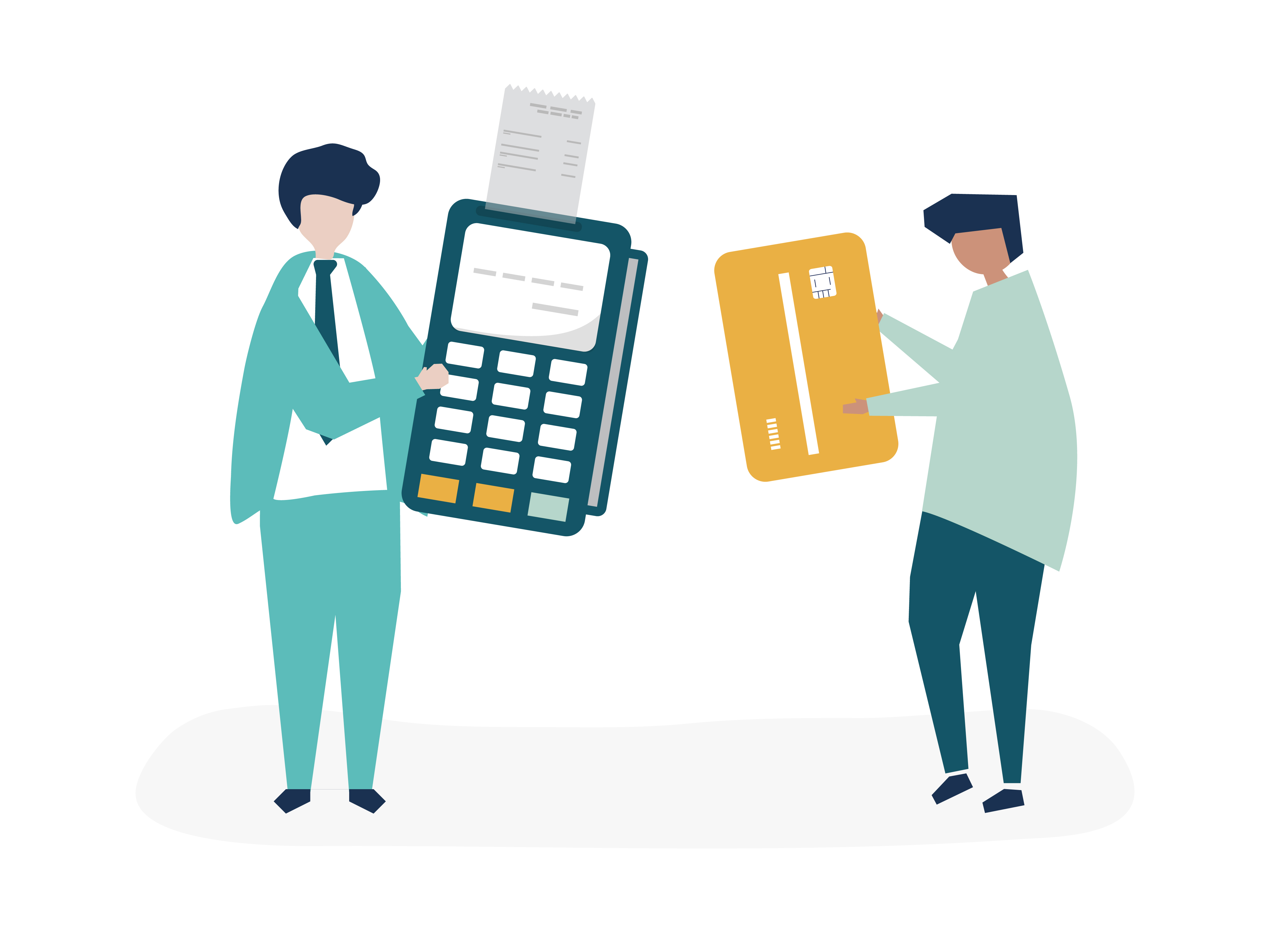
To learn more, check out this article which provides a detailed definition of business transactions. In GST, the “time of supply” determines when tax liability arises. Under RCM, it is crucial to know when this time occurs to ensure compliance. Taxes under RCM must be paid in cash rather than offsetting with ITC. In this step, we determine which account is to be debited and which one is to be credited on the basis of the increase and decrease in accounts identified in the preceding step. In the above example, cash is an asset account and capital is an owner’s equity/capital account.
Types of Business Transactions
Like the jus gentium of early Roman days, the law merchant was different from the existing ordinary rules that varied from place to place. The need for certainty and uniformity in the provisions governing trade motivated the growth of one set of rules for commercial transactions, valid everywhere in Europe. These rules were disseminated and applied in special courts conducted at the numerous international fairs held in various countries of Europe and attended by local and foreign merchants. The main sources of the law merchant were the customs of the most developed commercial communities of the time—the northern Italian cities.
Is there any other context you can provide?
As such, meticulously recording and analyzing business transactions is essential for sustaining long-term business success and operational efficiency. Business transactions are primarily focused on the operational activities of a business, aiming to generate revenue and manage day-to-day expenses. These transactions are regular and frequent, involving activities such as buying and selling goods or services, paying salaries, and managing operational expenses. Examples include sales of products or services, purchase of inventory or supplies, payment of wages and salaries, rent and utility payments, receipt of customer payments, and payments to suppliers. The impact of these transactions is significant as they directly affect the income statement and cash flow of the business, contributing to its profitability and operational efficiency. A business transaction must be recorded in the accounting records of the business.
Understanding Reverse Charge Mechanism (RCM) Under GST: A Complete Guide for Businesses
- During that time kept active as a volunteer – Houston Volunteer Lawyers Program, Legislative chair of school board for 3 years, President of school PTA, PADS and local food pantry.
- These legal requirements ensure that the tax transaction is recorded correctly, even in the absence of a traditional GST invoice.
- Sometimes, owners of smaller businesses come to me and say they want to add $300,000 or $500,000 to their book, but it has to be all platinum clients.
- Going back to the pastry company example, when the company buys sugar to make the macarons, a purchase transaction occurs and is recorded in the company’s financial books.
A business may purchase $500 of office supplies in May, for example, and pay for them in June. The business recognizes the purchase when it pays the bill in June. Business transactions should provide relevant information to internal and external users. This relevance aids in assessing the financial health and performance of the organization. This transaction will affect two accounts, one is Cash/bank Account (Assets), and the second is an interest Account (Expenses). This transaction will affect two accounts, one is Cash/bank Account (Assets), and the second is the Rent and electricity Account (Expenses).
Cash and credit transactions
This statutory reverse charge ensures compliance in areas where tax collection may be inconsistent. This change is especially pertinent for cross-border services and services provided by smaller, unregistered entities, ensuring that tax liabilities are recognized promptly. RCM differs from regular charge mechanisms primarily in terms understanding the importance of technical excellence in enterprise agility of tax liability. While in a regular charge, the supplier bears the responsibility of collecting and submitting the tax, in RCM, this burden falls on the recipient. This mechanism generally applies to specific goods, services, or business situations where the government wants to ensure tax collection directly from the receiver.
Great! The Financial Professional Will Get Back To You Soon.
In these countries the term commercial transactions thus has more than a merely descriptive function. It designates in part those rules that are peculiar to commercial transactions. In France, for example, bankruptcy is open only to individuals who are merchants and to business organizations, and there are special rules applying to commercial cases. In Germany, similarly, the general rules on consumer sales are in part superseded by special rules on commercial sales. A commercial transaction thus results in a number of specific legal consequences that differ from those of ordinary consumer transactions.

Here are seven of the best, all of which contain powerful information for business owners considering selling, merging or buying. Liabilities are credited, and Assets are debited, so the balance for this transaction is maintained. Due to an increase in your company’s debts, the Accounts Payable Account under Liabilities is increased by $10,0000.
These legal requirements ensure that the tax transaction is recorded correctly, even in the absence of a traditional GST invoice. In specific cases, GST registration thresholds of ₹20 lakh or ₹40 lakh do not apply, especially for businesses that frequently engage in RCM transactions. For example, if a business regularly imports services or sources goods from unregistered suppliers, it must register for GST even if its turnover is below the standard limit.
Operational Transactions are related to the daily operations of the business. Expense Payments involve paying for various business expenses such as rent, utilities, and salaries. Examples of internal transactions include recording depreciation on a fixed asset, recording the loss of merchandise by fire, and the provision of goods and services to another business unit. For this reason, all transactions must be recorded in the books of accounts.
RCM affects GST compliance and risk management as it requires accurate invoicing, timely tax remittance, and proper ITC claims. Additionally, in international transactions, RCM ensures GST is collected on cross-border services, promoting tax compliance across borders. Navigate the complexities of business transactions confidently with LegaMart.
